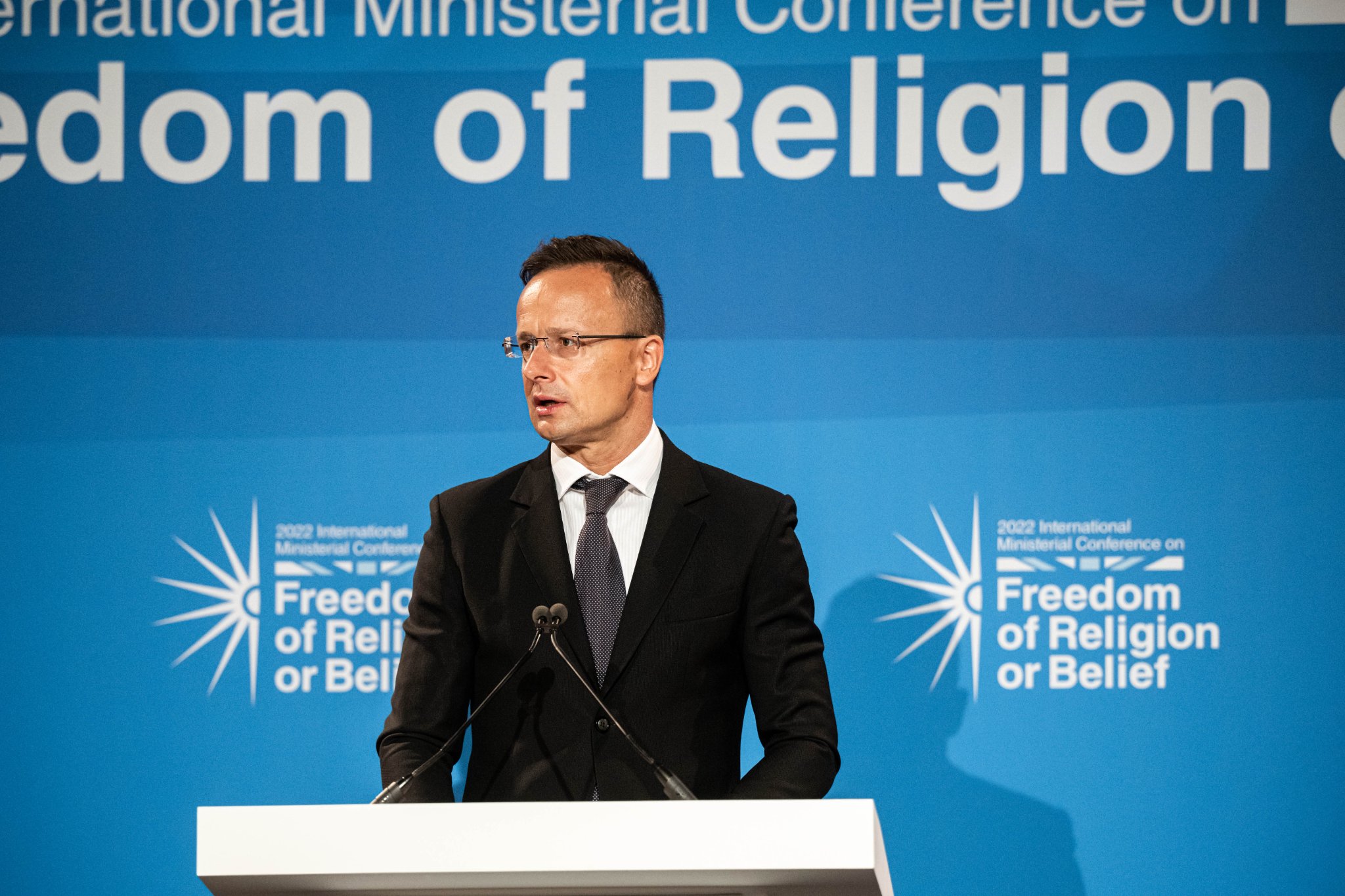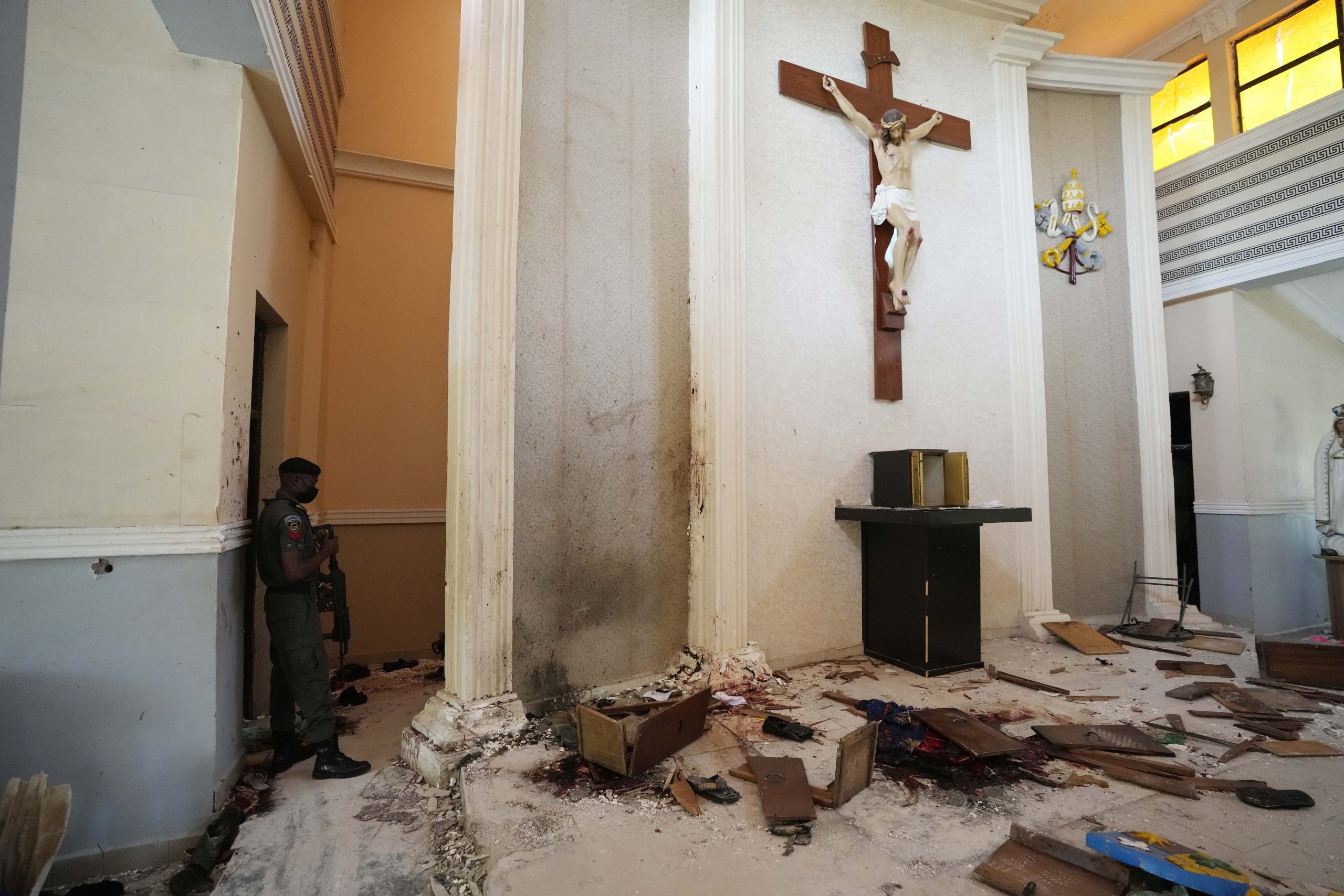
Data from human rights organizations show that 360 million Christians live in parts of the world where they are subjected to threats, discrimination, or persecution, as against 245 million, five years ago, Hungary’s Foreign Minister said on Tuesday.
Péter Szijjártó told a ministerial conference on the freedom of religion or belief in London that the Hungarian government considered support for Christian communities an important task that contributed to the freedom of religion, the ministry said.
He cited the Hungary Helps program, which has helped around half a million people return to or stay in their homelands and provided over 100 million dollars for building, revamping, and operating schools, hospitals, and churches.
In his address, Szijjártó named the two main challenges Christianity is currently facing: aggressive secularization and massive persecution. “Unfortunately, currently Christianity is the most persecuted religion in the world,” he remarked.
Related article
Massacre of Christians in Nigeria: Hungary Offers HUF 10 Million in Emergency Aid
On Whit Monday it sadly once again becomes clear that "Christianity remains the world's most persecuted religion, as seen in the terror attack committed in the Nigerian city of Owo," that left at least 50 people dead, Foreign Minister Péter Szijjártó said on Facebook.Continue reading
Szijjártó underscored that Hungary had a thousand-year Christian heritage, which helped the country survive “the storms of history, occupation and all forms of dictatorship.” The fact that Hungary has been able to maintain its statehood has been due to a dedication to its Christian roots and heritage, he added.
Over the past ten years, some three thousand churches have been built in central European areas with ethnic Hungarian residents, the number of church-run schools has doubled in Hungary, and the share of students attending such schools has grown from 10 to 20 percent, he noted.
Featured image via Péter Szijjártó’s Facebook page

